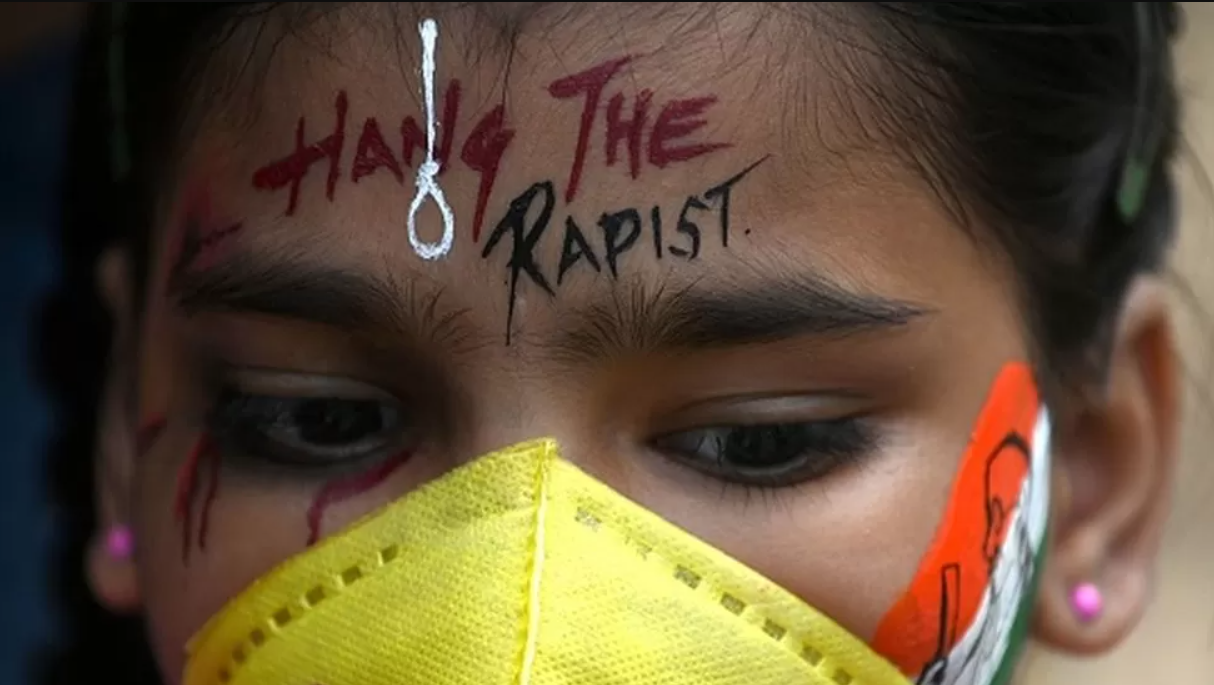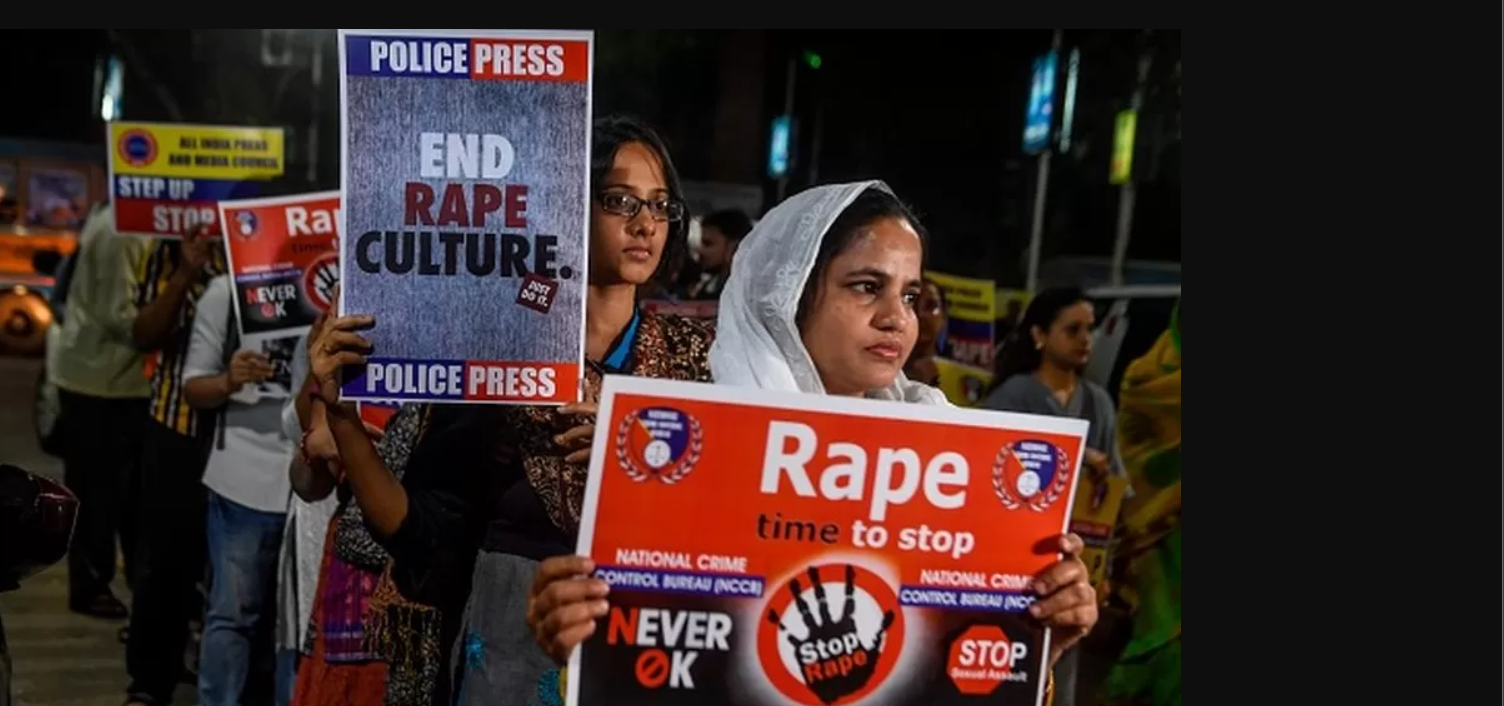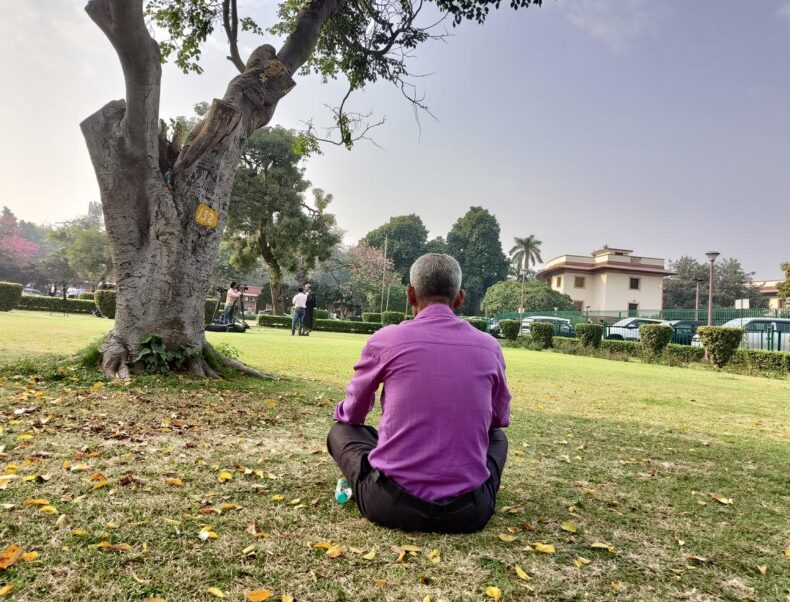About ten years ago, a horrendous incident left Indians in shock, the brutality was unimaginable.19 year old Delhi girl was found gang raped and murdered in Haryana. Her name was mentioned as “Anamika” in News reports as her name could not be disclosed as per Indian law.
When the case got into light, three was arrested as the perpatur. In the trial court,2014,all of them were found guilty and given death penalty. Later, Delhi High Court Confirmed them as guilty few months later.

The 19-year-old girl lived in a low middle class rural area, Chhawla in southwest Delhi. In the starting of 2012, she joined a call Centre in Gurgaon as her first job, and she was the sole breadwinner of her family that time.
On the night of 2012, she was retuning from work with her three friends, that is when she got kidnapped by some men in a red car.When she was found later,her body was partially burnt, her mutilated body had signs of torture.
In the seized car, semen, blood stains and hair of the accused were found, which were sufficient evidence to prove them “guilty”. The perpetrators of the crime were convicted in the trial court in 2014. The high court described the perpetrators as “Predators” while confirming their death sentence.
In an astonishing reversal, on monday, the indian supreme court set the man free, saying there was no clear evidence or proof that they had committed the crime.
The supreme court order, authored by Justice Bela Trivedi questioned all the evidence presented by the prosecution.
Pointing out a “number of inconsistencies and contradictions in the evidence of the police and in the testimonies of the formal witnesses”, the court said:
- The accused were not identified in court by the victim’s friends or a male witness who had tried to fight the kidnappers.
- The Delhi police claim about the “discovery of incriminating articles such as a piece of the car’s bumper and wallet containing documents of one of the accused” were not seen in the first pictures from the crime scene.
- Haryana police, who had reached the scene first, did not mention these items in their report.
- The items were not mentioned in the seizure memo of the investigation officer.
- A phone the police recovered was never shown to the woman’s father to confirm whether it really belonged to his daughter.
- It was not conclusively proved that the red car seized by the police was the same in which the crime had been committed.
- The circumstances of the arrests were questionable.
- Non-examination of some of the accused had “created a cloud of doubt”. Acknowledging that “if the accused in a heinous crime go unpunished, a kind of agony and frustration may be caused to the society in general and to the family of the victim in particular”, the order said that the “prosecution has failed to prove the charges beyond reasonable doubt and we have no alternative but to acquit the accused, though involved in a very heinous crime”.
Anamika’s father, who works as a security guard at a school, had gone directly to the court after his work.He said that after such judgement is passed in supreme court, no girls are safe in this country anymore.He is heartbroken after such judgement.

Also Read: Supreme Court acquits 2012 Chhawla rape case accused
Charu Wali Khanna, the lawyer for Anamika’s family who assisted the prosecution, told me the order would be challenged in the Supreme Court with a review petition.
“This judgement is very vague and it raises these hyper-technical issues. It says the evidence could have been tampered with, but it does not indict the police,” she said.
“The order says there was no clinching evidence, but they disregarded a lot of evidence that was against the accused.”
The lawyer of Anamika’s family, Charu Wali Khanna said that the judgement is very vague and it raises hyper technical issues.














